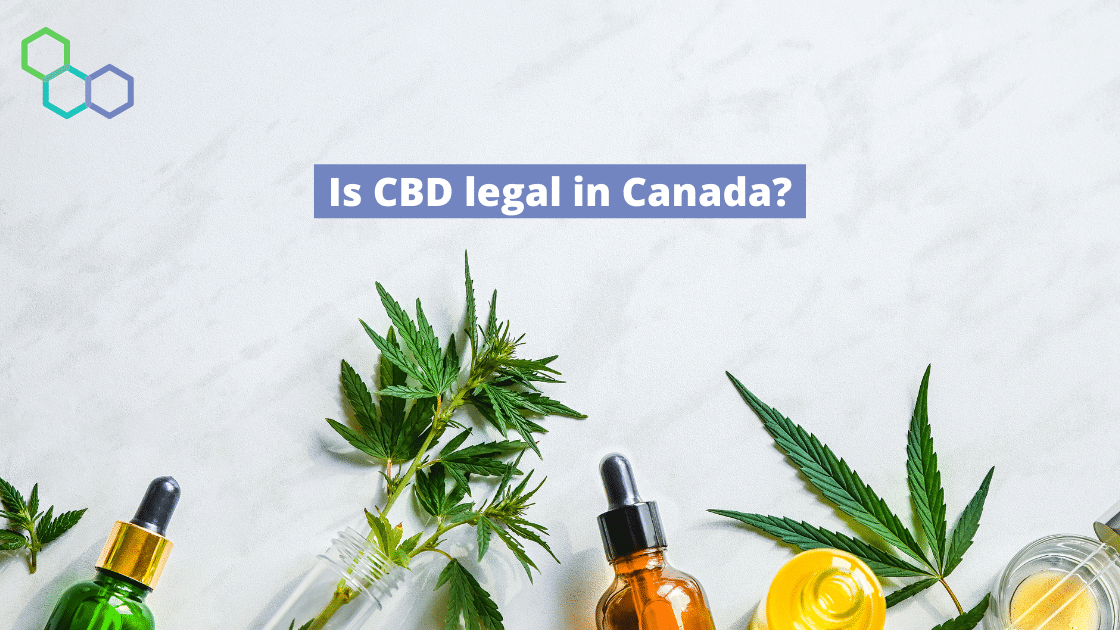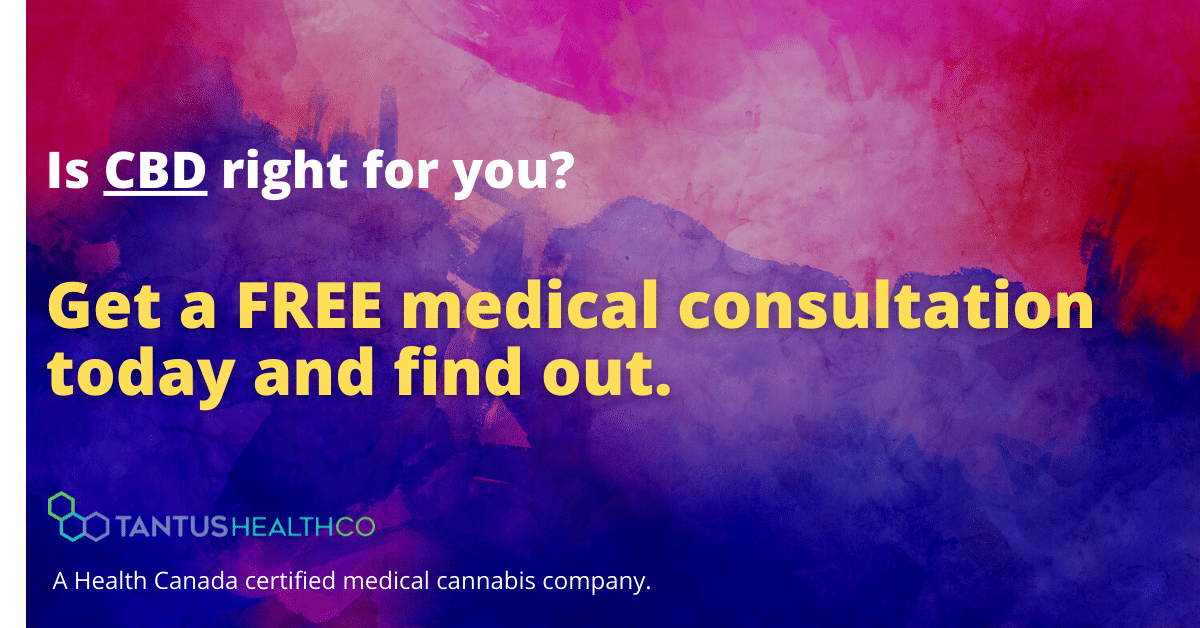Is CBD Legal in Canada?

CBD is legal in Canada. In most provinces people over the age of 19 years old can legally purchase CBD from a government-licensed online or retail cannabis dispensary.
In the province of Alberta the legal age to purchase CBD and other cannabis related products is 18 and in Quebec the legal age is 21.
Under Canada’s Cannabis Act a person of age can possess CBD but must adhere to the regulations set out in the Cannabis Act. Usage laws vary by province, and users should be familiar with what they can and cannot do. You can check out the Canadian government’s guidelines for possession limits and other important laws related to things like age, travel warnings and prohibited activities.
Medical versus Recreational CBD
You can either buy CBD recreationally or with a prescription. For people who are already familiar with how to use CBD products, recreational purchase is preferred. For those new to CBD and are interested in seeing if it helps them they can talk to their family doctor or a health care practitioner expert in the many uses of CDB. A health expert can review your current prescriptions and health issues to see if CBD might help.
CBD, or its full technical name Cannabidiol, is derived from hemp, a cousin of the cannabis plant. While related to cannabis, oils and extracts from hemp do not offer the same “high” as that of cannabis. There are many different ways people can take CBD: as a topical cream, in oil form that you can take orally and even as a bath bomb to help relax and sooth sore muscles at the end of a hard day. CBD is an attractive alternative to THC for many, as it offers many of the same benefits as THC without the high.

CBD and Health Benefits
Given that CBD is relatively new to the market, there is still a lot of research to be done on the health benefits of CBD. In the meantime, people are finding that there is a multitude of health issues that CBD helps alleviate. While CBD may be new to the market, the use of hemp and cannabis dates back to around 750 B.C. We can only guess as to the uses CBD had way back then, but people nowadays find that CBD can help relieve anxiety, manage pain and assist in the treatment of inflammation. Following clinical trials, CBD is also approved in the U.S. to help children and adults with rare seizure disorders.
According to the Canadian Arthritis Society, “both CBD and THC can help with pain relief. CBD may help address inflammation, anxiety and poor sleep. Small doses of THC may also help with nausea and low appetite. Using CBD and THC together in combination can sometimes be the most effective. “
In 2018, the World Health Organization released a report called “CBD a Critical Review” [PDF]. The 28-page report is worth a read in its entirety if you have the time, but if not here are the main findings:
- In humans, CBD exhibits no effects indicative of any abuse or dependence potential.
- CBD is generally well tolerated with a good safety profile. Reported adverse effects may be as a result of drug-drug interactions between CBD and patients’ existing medications.
- To date, there is no evidence of recreational use of CBD or any public health-related problems associated with the use of pure CBD
If you think CBD might help, you can talk to one of our medical experts about CBD for free.
